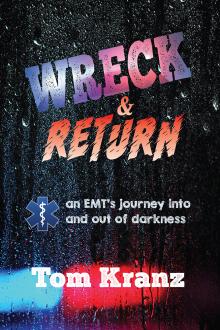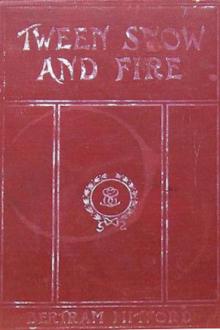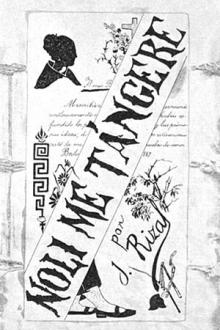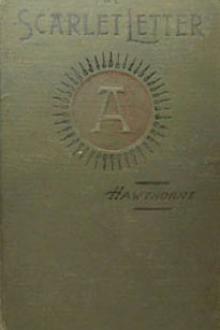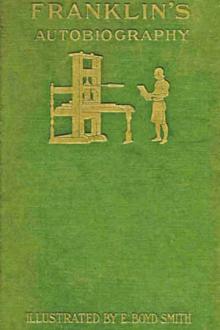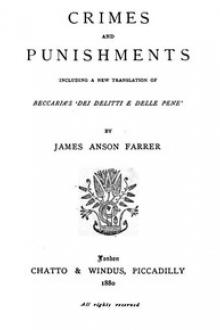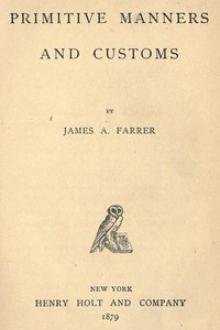Books Condemned to be Burnt
Books Condemned to be Burnt
When did books first come to be burnt in England by the common hangman, and what was the last book to be so treated? This is the sort of question that occurs to a rational curiosity, but it is just this sort of question to which it is often most difficult to find an answer. Historians are generally too engrossed with the details of battles, all as drearily similar to one another as scenes of murder and rapine must of necessity be, to spare a glance for the far brighter and more instructive field of the mutations or of the progress of manners. The following work is an attempt to supply the deficiency on this particular subject.
Book Excerpt
Christianity itself is responsible for the death of William Tyndale, who, deeming it desirable that his countrymen should possess in their own language the book on which their religion was founded, took the infinite trouble of translating the Scriptures into English. His New Testament was forthwith burnt in London, and himself after some years strangled and burnt at Antwerp (1536).
The same literary persecution continued in the next century, the seventeenth. Bissendorf perished at the hands of the executioner at the same time that his books, Nodi gordii resolutio (on the priestly calling), 1624, and The Jesuits, were burnt by the same agent. In the case of the De Republicâ Ecclesiasticâ (1617) by De Dominis, Christian savagery surpassed itself, for not only was it burnt by sentence of the Inquisition, but also the dead body of its author was exhumed for the purpose. Dominis had been a Jesuit for twenty years, then a bishop, and finally Archbishop of Spalatro. Thi
FREE EBOOKS AND DEALS
(view all)Popular books in History
Readers reviews
0.0
LoginSign up
Be the first to review this book
Popular questions
(view all)Books added this week
(view all)
No books found
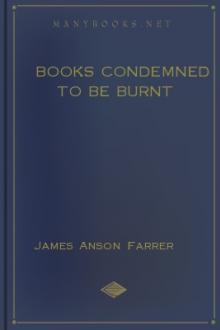
 Free Download
Free Download













